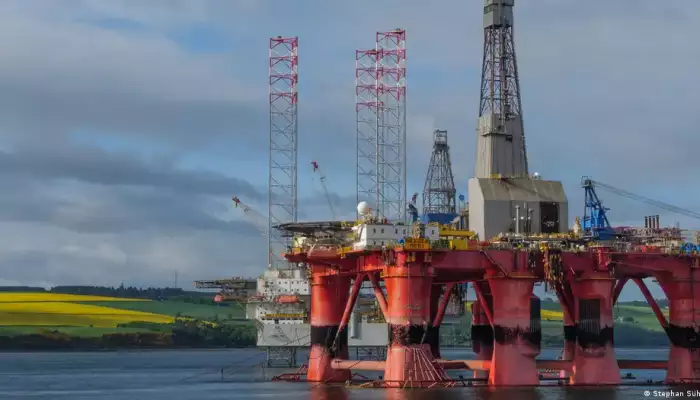
London: The UK approved the exploration of oil and gas in its largest undeveloped field, the North Sea Transition Authority, the responsible regulatory body said on Wednesday.
To improve energy security and ensure low energy prices, according to the authority, it had "granted development and production consent" to the companies Equinor and Ithaca Energy.
Production on the Rosebank field, located in the North Sea some 128 kilometers (80 miles) northwest of the Shetland Islands, is expected to start in 2026 at the earliest and could produce an expected 300 million barrels of oil over its lifetime.
The British government said developing new fields is necessary to improve the UK's energy security and ensure stable prices, particularly in light of the ongoing Russian war in Ukraine.
UK Energy Security Secretary Claire Coutinho said the measures would help grow the national economy and "help us deliver the transition to cheaper, cleaner energy."
The approval comes on the heels of Prime Minister Rishi Sunak significantly softening some of the UK's climate policies. Last week, Sunak pushed back the phase-out of combustion engine cars and gas boilers, among other steps that would have reduced greenhouse gas emissions.
Nonetheless, the government says it is still on track to meet zero carbon emissions by 2050, as the new project will cause "significantly less emissions than previous developments."
Approval draws anger from activists and opposition
But environmental activists and Green politicians have blasted the decision, arguing the measures mean the UK will miss its climate targets.
"This is morally obscene," Green Party lawmaker Caroline Lucas posted on social media. "It won't improve energy security or lower bills — but it will shatter our climate commitments."
In August, 50 politicians from both houses of the UK Parliament and representing all major parties wrote to the government to block the approval, saying it could produce 200 million tons of carbon dioxide.
Several climate scientists have come out against the conservative government's U-turn on climate policy, which is seen by observers as an attempt to win over voters ahead of the 2024 election.